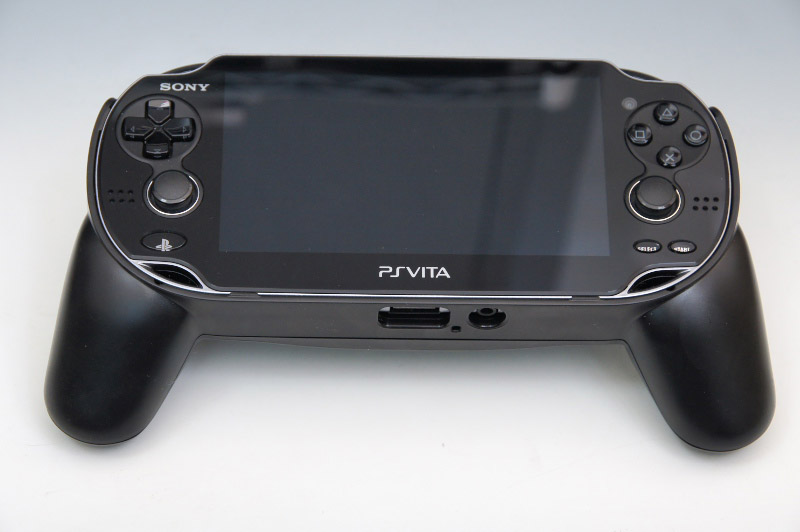 Zitat
Zitat
PlayStation will bring an end to a sixteen-year tradition of DualShock controllers with the release of the PlayStation 4, CVG has learned.
All PlayStation controllers have undergone extensive prototyping A senior games studio source working on an upcoming Sony game says the new system's controller has undergone numerous iterations, few of which resemble the DualShock build that has become synonymous with PlayStation.
Experiments within Sony's R&D department are thought to have been extensive. Versions of the new PS4 pad include biometric sensors on the grips and an LCD touch screen, the development source claimed.
A second source, working in a separate part of the industry but still connected to Sony, said PlayStation engineers are "trying to emulate the same user interface philosophies as the PS Vita". This is likely a reference to the touch-screen capabilities of the PlayStation handheld, and a suggestion that Sony will tightly integrate its portable and home systems.
The new console - codenamed Orbis - will be revealed in a matter of weeks, not months.
Sony has declined to comment.
While the DualShock will not be a primary controller for the next PlayStation, it is likely that the range of PS3 controllers will be compatible with the next-gen system. There is a possibility they could be used as secondary controllers, much like with how Wii Remotes interact with the Wii U.
One potential stumbling block is Sony's complex partnership with Immersion - the patent-holder of the rumble tech used in Sony's pads. In March 2007, Immersion settled its patent infringement suit with Sony, after claiming that the company had used its technologies without permission.
CVG understands that Sony has paid Immersion more than $150 million in damages, license fees and other costs since the settlement. However, a small portion (initially $20 million) of this was redirected to Microsoft, which owns about 10 per cent of Immersion.
Sony's licence agreement with Immersion ends in 2017, SEC documents show, but as part of the deal Immersion has given Sony an option to expand the scope of the licence for future consoles. However, the complications of the deal may have convinced Sony that it should seek different designs and ideas for its next controller.
Sony introduced the DualShock for the first PlayStation in 1997 - its twin analogue sticks were, at the time, considered a distinct improvement over the N64 pads from rival Nintendo.
Over the years, the controller has evolved to include rumble tech (as well as briefly omit it), as well as add on wireless capabilities and limited motion control properties.
In 2007 Sony won an Emmy award for 'Peripheral Development and Technological Impact of Videogame Controllers'.
The new PS4 controller design, which remains a closely guarded secret across the PlayStation organisation, is expected to break new mould for Sony. The biometric tech, in particular, is something games studios such as Valve are interested in due to its function as a heart beat sensor.
During the development of the PlayStation 3, Sony initially signalled its interest in building a new controller by showcasing the infamous 'banana pad' - a model that was swiftly replaced by the DualShock following public derision.
...












 (
(






